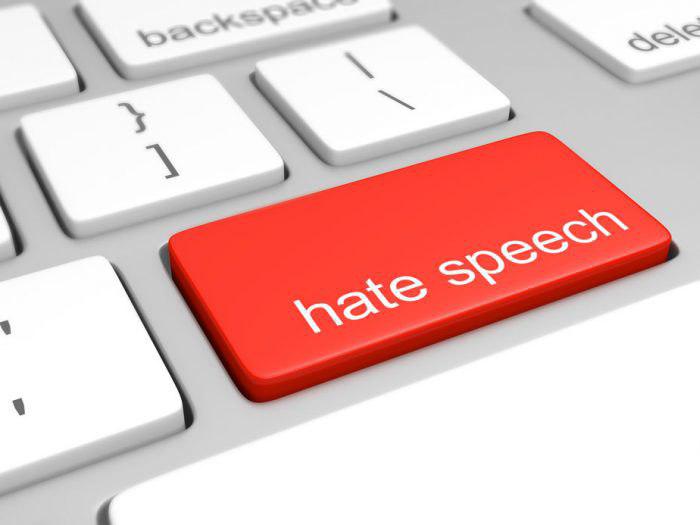 The Bahrain Forum for Human Rights (BFHR) said that 519 media materials and messages that incite or help to incite hatred were monitored in August through following what is published in four official Bahraini newspapers, 158 accounts on social media websites, and 47 articles from Gulf and Arab newspapers, the most prominent of which are, from Saudi Arabia: Okaz Newspaper, Al-Jazirah Newspaper, Al-Madina Newspaper, as well as Al-Sharq Al-Awsat Newspaper, and from the United Emirates: Al-Khaleej Newspaper and Al-Bayan Newspaper. The BFHR added that the Gulf crisis with Qatar was exploited and the concept of terrorism was broadly interpreted in order to distort the image of the national opposition in Bahrain through the official media and social media websites.
The BFHR pointed out that some of the media materials that help to incite hatred or contain false information against the opposition were written in a similar form in most of the Gulf newspapers. The BFHR explained that 42 media materials relating to the provocative campaign against the Bahraini opposition leader, Sheikh Ali Salman, were monitored in the Gulf and Arab newspapers.
The BFHR further explained that "306 media materials and messages that incite or help to incite hatred were monitored on social media websites (Twitter and Instagram), including accounts of official figures and journalists.” The BFHR pointed out that 46 provocative tweets against “The Rooms of Death” report launched by three Bahraini human rights organizations against the violations of the National Security Agency were monitored, noting that the most prominent accounts that publish provocative materials are the accounts of: Assistant Undersecretary for Information and Follow-up at the Prime Minister's Court, Ibrahim al Dosari, former MP Mohammed Khalid, and journalists Said al-Hamad and Mona al-Mutawa. “While the Rabat Plan of Action adopted by the UN in October 2012 recommends states to “raise the capacity to train and sensitise the security forces, law-enforcement agents and those involved in the administration of justice regarding questions concerning the prohibition of incitement to hatred,” we still receive information about the prevalence of hate culture within security services through using torture methods that converge with the call for racial or religious hatred which constitutes incitement to discrimination, hostility or violence through materials or messages published in the official media or social media sites,” the BFHR said. “Therefore, it has become common to use sectarian insults or to deliberately insult the religious beliefs of prisoners of conscious and even deprive them of practicing religious freedoms in Bahraini prisons,” the BFHR added.
“The authorities in Bahrain and civil society organizations are legally bound by Article 20 (2) of the International Covenant on Civil and Political Rights – ratified by the Bahraini government by Law No. 56 of 2006 – which states that “Any advocacy of national, racial or religious hatred that constitutes incitement to discrimination, hostility or violence shall be prohibited by law,” the BFHR concluded.
Bahrain Forum for Human Rights September 20, 2017 |